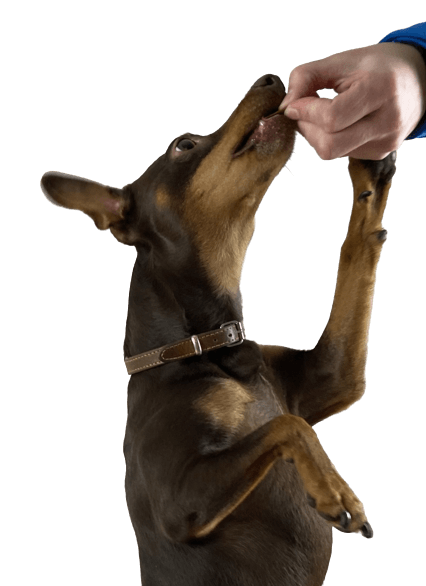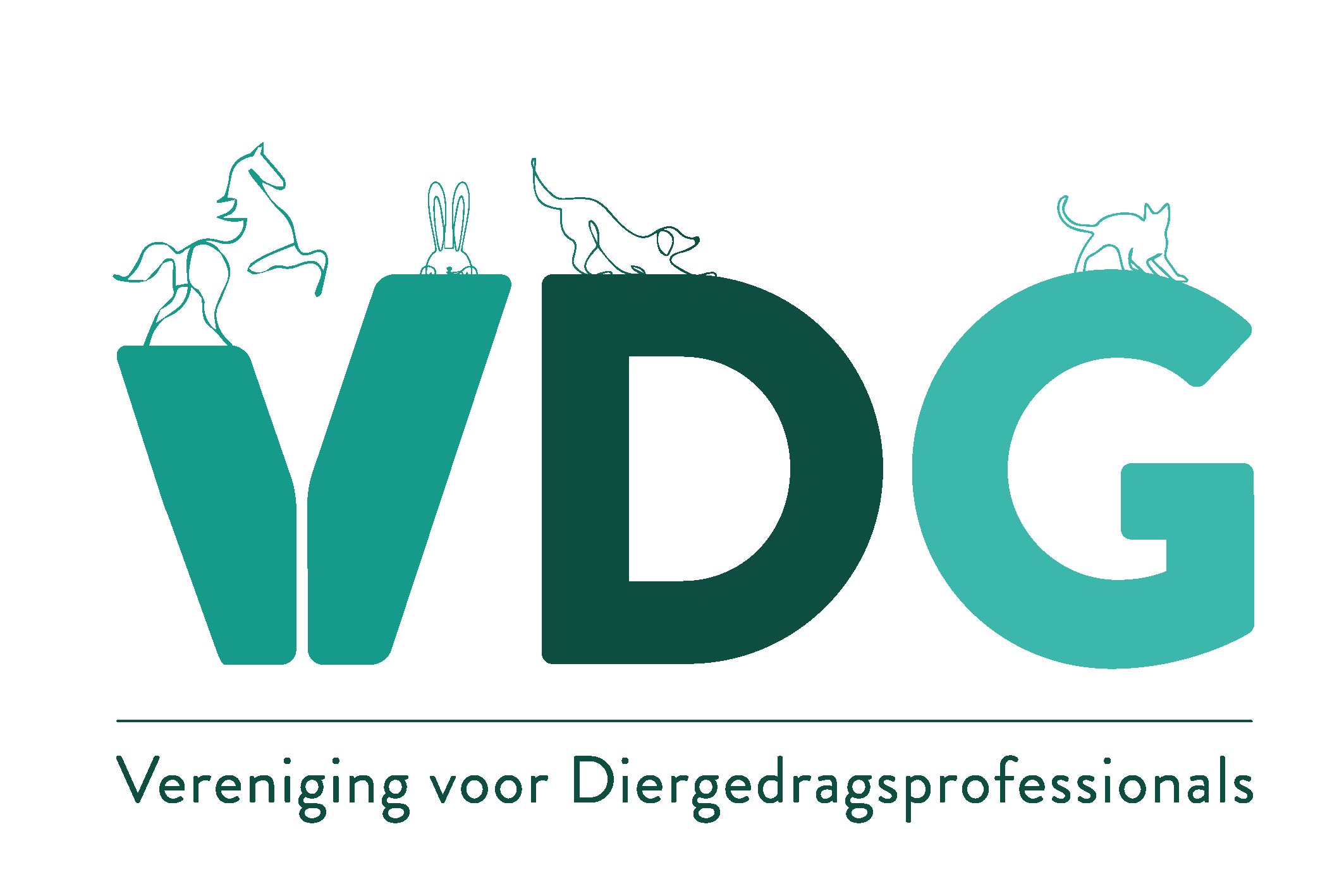Author: Evie Van Hove
My dog pees in the house: causes and solutions
It is a common problem that many dog owners face: a dog that pees in the house. This behaviour can be frustrating and can lead to damage to your home and disrupt the relationship between you and your dog. But why does your dog do this, and what can you do about it? In this blog, we explore the possible causes of this behaviour and provide some practical solutions. Moreover, we highlight the importance of a clinical behaviourist when dealing with persistent cases.
Possible causes of urinating in the house
- Medical problems One of the first things to consider when your dog starts urinating in the house is whether there is an underlying medical problem. Common medical causes include urinary tract infections, bladder stones, kidney problems and diabetes. It is essential to have your dog checked by a vet to rule out any health problems.
- Lack of toilet training Especially in young dogs or dogs that have just been adopted, a lack of sufficient toilet training can be a reason for peeing in the house. These dogs may not have learned where to pee or may not yet be able to control themselves properly.
- Stress and anxiety Dogs, like humans, can suffer from stress and anxiety, which can lead to unwanted behaviour such as urinating in the house. Changes in the environment, such as a move, new pets or family members, or even loud noises, can cause stress to your dog.
- Territory marking Especially uncastrated males tend to mark their territory through urination. This can manifest itself by marking furniture or other objects in the house.
- Separation anxiety Dogs that suffer from separation anxiety may urinate out of stress or frustration when they are home alone. This behaviour is often exacerbated by long periods of absence from the owner.
- Old age As dogs age, they may experience incontinence, where they struggle to control their bladder. This is a common problem in older dogs.
"As dogs age, they may experience incontinence."
Possible solutions
- Medical treatment If the vet determines that there is a medical problem, appropriate treatment can often stop peeing in the house. This may include the use of antibiotics for a urinary tract infection or dietary changes for other conditions.
- Training and retraining Starting potty training again can be helpful, especially with young dogs or dogs learning a new environment. Consistency is key here. Reward your dog every time he pees outside and be patient during this process.
- Reduce stress Try to identify and minimise the stressors in your dog's life. This could include creating a calm and safe space in the house, using calming pheromones, or avoiding sudden changes in routine.
- Behavioural therapy In cases of separation anxiety or territory demarcation, behavioural therapy under the guidance of a clinical behaviourist can be very effective. This can include desensitisation and counter-conditioning techniques to unlearn the unwanted behaviour.
- Hormonal treatment If urinating in the house is due to territorial behaviour, castration or spaying can help reduce it, although this is not always the solution.
When to call in a clinical behaviourist?
If your dog keeps urinating in the house despite having tried the above solutions, it may be wise to call in a clinical behaviourist. These experts specialise in understanding and treating complex behavioural problems in dogs. They can create a comprehensive behavioural plan specific to your dog's needs, and help you address the problem effectively.
Conclusion
Peeing in the house is a behaviour that can have several causes, from medical problems to stress and incomplete training. It is important to be patient and take your time to identify the underlying cause. While there are many DIY solutions available, calling in a clinical behaviourist can be essential for solving persistent problems. Remember that every dog is unique, and a personalised approach is often the key to success.
Evie Van Hove is PgD Clinical Animal Behaviour, certified puppy coach, dog trainer and behaviour coach. She has been business manager of Pettherapy.be since 2021.





